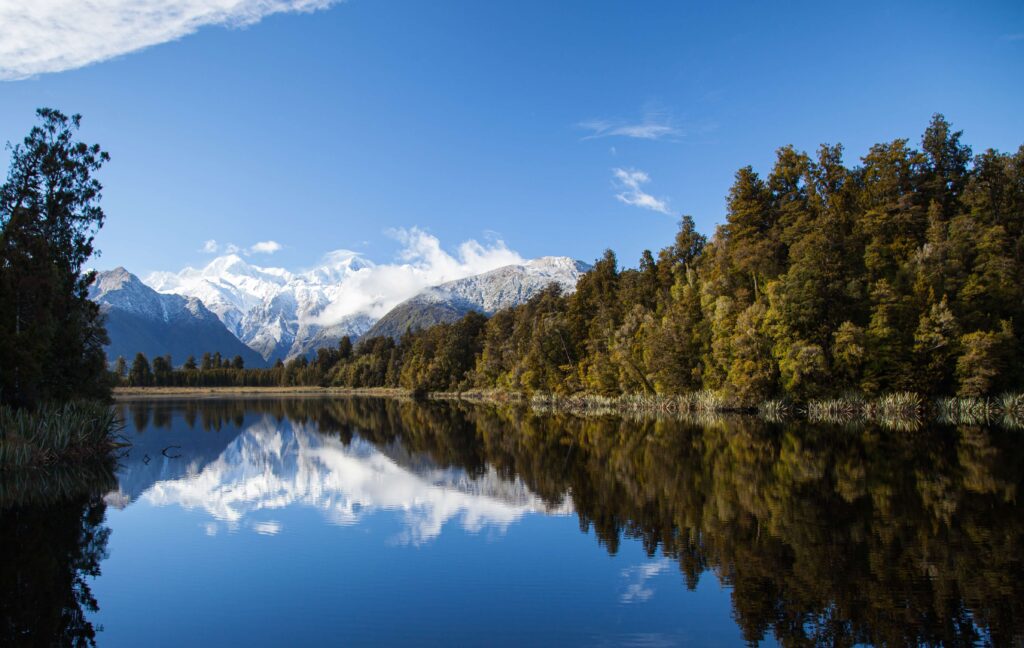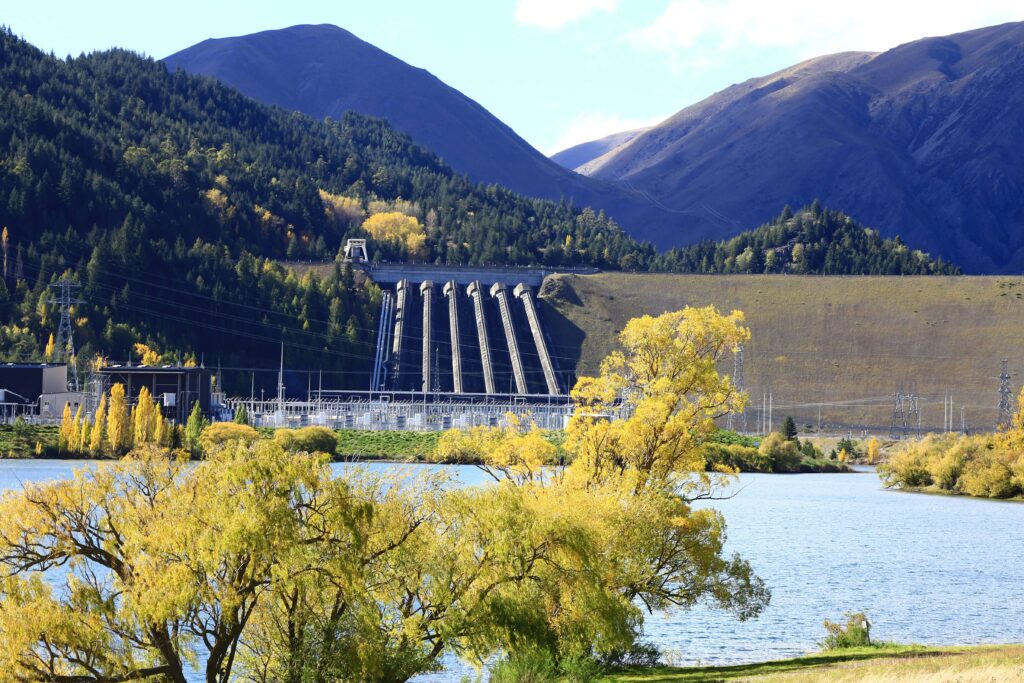Posts by Thomas Neitzert
Watch video: Presentation of ESR’s submission on the Second Emissions Reduction Plan
Watch a video summary of ESR’s submission to the consultation document “New Zealand’s second emissions reduction plan”, presented by two of its authors, Professor Emeritus Thomas Neitzert and Dr Peter Whitmore. The presentation is followed by a Q&A session and a discussion
of next steps.
Submission on Measures for Transition to an Expanded and Highly Renewable Electricity System
We recommend to commence work on a vision of how New Zealand will look without fossil fuels and then to develop a pathway how to get there. This consultation document assumes a great manufacturing effort over the next decades of power lines, power pylons, windmills, PV panels, electric cars, rail tracks and other infrastructure. This will all be done predominantly by using fossil fuels with associated emissions. It will also be done on the backdrop of diminishing resources of raw materials including crude oil. In terms of energy we are also dealing with a reduction of the ratio of Energy Returned On Energy Invested (EROI) while aiming to produce new infrastructure and trying to maintain or replace existing infrastructure all built with fossil fuels at a high EROI ratio.
Read MoreSubmission to Draft Advice of Climate Change Commission on 2nd Emissions Reduction Plan
The advice document subscribes to the economic growth paradigm in assuring the economy “would continue to grow under the recommended emissions budgets”. On the other hand, it has been established, that economic growth brings with it emissions’ growth, because an absolute decoupling of the two has not been achieved yet. It is therefore timely to start a discussion of “degrowth” to make a real and required impact on gross emissions. Degrowth of the economy means a planned reduction of the material throughput through the economy and the associated emissions, while focusing on a just transition and wellbeing indicators. Worldwide there is an increasing amount of literature generated and some of our members are contributing to the domestic discussion.
Read More

